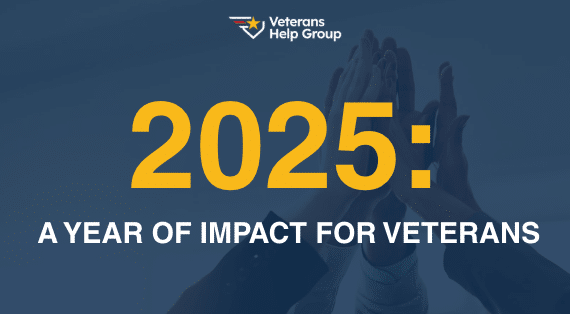Table Of Contents
In a trial reported in last week’s Journal of the American Medical Association, the VA has found that vitamin E helps slow the progression of Alzheimer’s disease in veterans with mild to moderate symptoms. Researchers followed 600+ veterans from 14 VA medical centers for an average of two years and three months.
Before anyone gets too far out over their skis, it is important to note that the disease did progress for everyone. However, the point is that vitamin E slowed the disease by around six months as compared to those without the added vitamin E. Delaying the disease by six months over a two-year period can have a significant impact on the quality of life for patients and their family.
The study compared the results of straight vitamin E, the drug memantine, vitamin E and memantine or just a placebo. Vitamin E by itself yielded the best results.
An interesting added benefit is that caregivers of those on vitamin E reported about two hours less per day of caregiving activity compared against the other three groups. Anyone who has ever witnessed firsthand an Alzheimer’s patient certainly can appreciate just how valuable two less hours of caregiving would mean.
To be fair, the drug memantine is generally only prescribed to provide some temporary slowing for those with more advanced Alzheimer’s. There is not a lot of evidence of how effective it is in mild to moderate cases.
Will All Antioxidants Help with Alzheimer’s?
Researchers believe that vitamin E’s effectiveness lies in its antioxidant properties. Though vitamin E is found naturally in everyday foods such as eggs, whole grains and beef, one naturally cannot get the necessary, effective dose from only food. Researchers are open to the possibility that other antioxidants could have similar effects, and that it would not be limited to just vitamin E.
More News for Veterans About Alzheimer’s Disease
- Peripheral Neuropathy Related to Agent Orange Exposure: More Research Needed to Determine if Alzheimer’s Disease is Related
- Alzheimer’s Dementia Not Presumed to be Linked to Service-Connected Traumatic Brain Injury
- Registry of Roadside Bomb Victims: Survivors Likely have Higher Risk of Alzheimer’s and Dementia

Permanent and Total VA Disability Ratings for PTSD
Permanent and Total VA Disability Ratings for PTSD What is Post Traumatic Stress Disorder (PTSD)?...

2026 v 2025 VA Disability Rates and Payment Schedule
2026 v 2025 VA Disability Rates and Payment Schedule As of December 1, 2025, new VA disability...

2026 VA COLA Increase: What Veterans Need to Know
2026 VA COLA Increase: What Veterans Need to Know Disabled veterans will receive a 2.8% increase...





